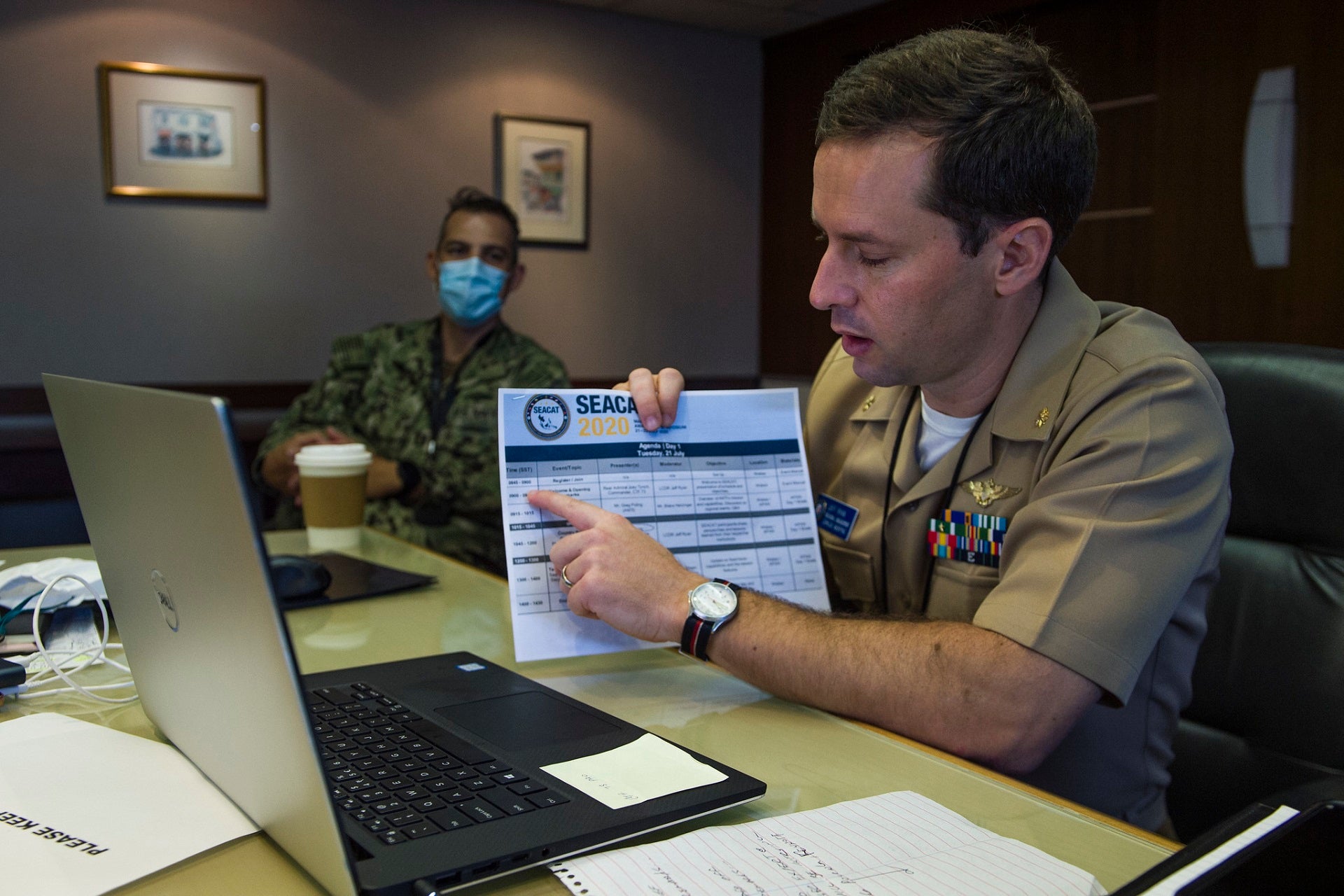
The 20th annual multilateral exercise Southeast Asia Cooperation and Training (SEACAT) has started in Singapore and virtually.
The exercise involves the participation of ten ships and more than 400 personnel from 21 Indo-Pacific partner nations.
Participating countries include Bangladesh, Brunei, Indonesia, Malaysia, Philippines, Singapore, the US, Thailand, and Vietnam.
SEACAT is aimed at improving regional cooperation to deal with mutual maritime security challenges, such as piracy, smuggling, and other illegal activities at sea.
It involves the use of regular maritime strategies, methods, and procedures.
US 7th Fleet commander vice admiral Karl Thomas said: “In this region, the strength of our partnerships matter and our ability and willingness to work together is paramount.
“This year’s SEACAT aims to enhance our interoperability as we address our shared maritime security concerns and preserve rules-based international order.”
In addition, the exercise is designed to improve the maritime forces’ operational environment understanding and develop ability to conduct humanitarian support operations.
During the exercise, all existing maritime domain awareness (MDA) tools, including Singapore’s Information Fusion Centre, will be used by the participating nations to share information, as well as for crisis communication and coordination.
Destroyer Squadron (DESRON) 7 commander captain Tom Ogden said: “The scenarios are designed to encourage countries to work together though maritime domain awareness assets to better understand operations and adherence to international norms.
“Practicing multilateral, multi-platform intercepts help our Southeast Asian partners prepare for possible real-world engagements in the future.”
USS Tulsa (LCS 16), DESRON 7 staff, Task Force 72’s P-8A Poseidon aircraft, and personnel from Task Forces 73, 76, US 7th Fleet, and US Pacific Fleet are representing the US Navy.


